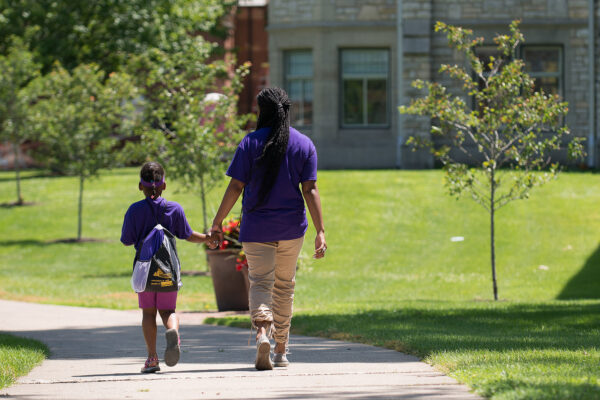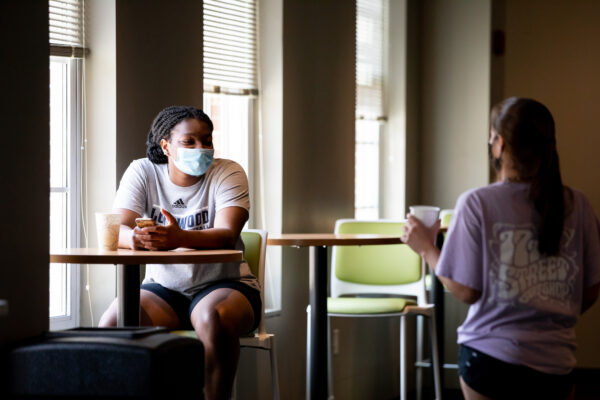Surgeon General Issues Advisory on Individual and Community Mental and Physical Health
Title: Our Epidemic of Loneliness and Isolation: The U.S. Surgeon General’s Advisory on the Healing Effects of Social Connection and Community
Source: Office of the U.S. Surgeon General
The Office of the U.S. Surgeon General has released an advisory on the healing effects of community, emphasizing the importance of social connection for individual and community health and the negative consequences when this connection is lacking.
The advisory explores the cultural, community, and societal dynamics of connection and disconnection, offering recommendations for strengthening social connection through a comprehensive approach involving various institutions. It is based on extensive research from multiple disciplines and incorporates input from subject matter experts across academia, healthcare, education, government, and other sectors to inform its findings and recommendations. The report gives pause particularly for those who serve various populations at colleges and universities.
Key findings from the advisory include:
- Half of U.S. adults experience measurable levels of loneliness, making it more prevalent than smoking, diabetes, and obesity.
- Social connection has been declining for decades, affecting Americans of all ages and backgrounds.
- Loneliness and isolation are not limited to specific groups but can disproportionately impact individuals with poor physical or mental health, disabilities, financial insecurity, those who live alone, single parents, and younger and older populations.
- Loneliness and social isolation are increasingly affecting youth, with youth experiencing higher rates of loneliness and a significant decline in in-person social interactions.
The advisory recommends actions for specific stakeholder groups, including schools and education departments, community-based organizations, workplaces, and individuals, including:
- Develop a strategic plan for school connectedness: This could include creating spaces and opportunities for students, faculty, and staff to strengthen relationships, developing peer-led programs, and building partnerships with community groups.
- Build social connection into health curricula: Communicate importance of social connection and its impact on mental and physical health during orientation, course content, and availability of resources.
- Implement socially based education techniques: This could include cooperative learning projects.
- Create a supportive school environment: Prioritize fostering belonging in and beyond the classroom, creating opportunities for students to learn from and lean on one another.
To explore findings and methodological information about the advisory, click here.
Watch the conversation with U.S. Surgeon General Vivek H. Murthy on college mental health during ACE’s Mental Health in Higher Education Roundtable, sponsored by the Lumina Foundation.
—Alexandria M. Falzarano
If you have any questions or comments about this blog post, please contact us.


